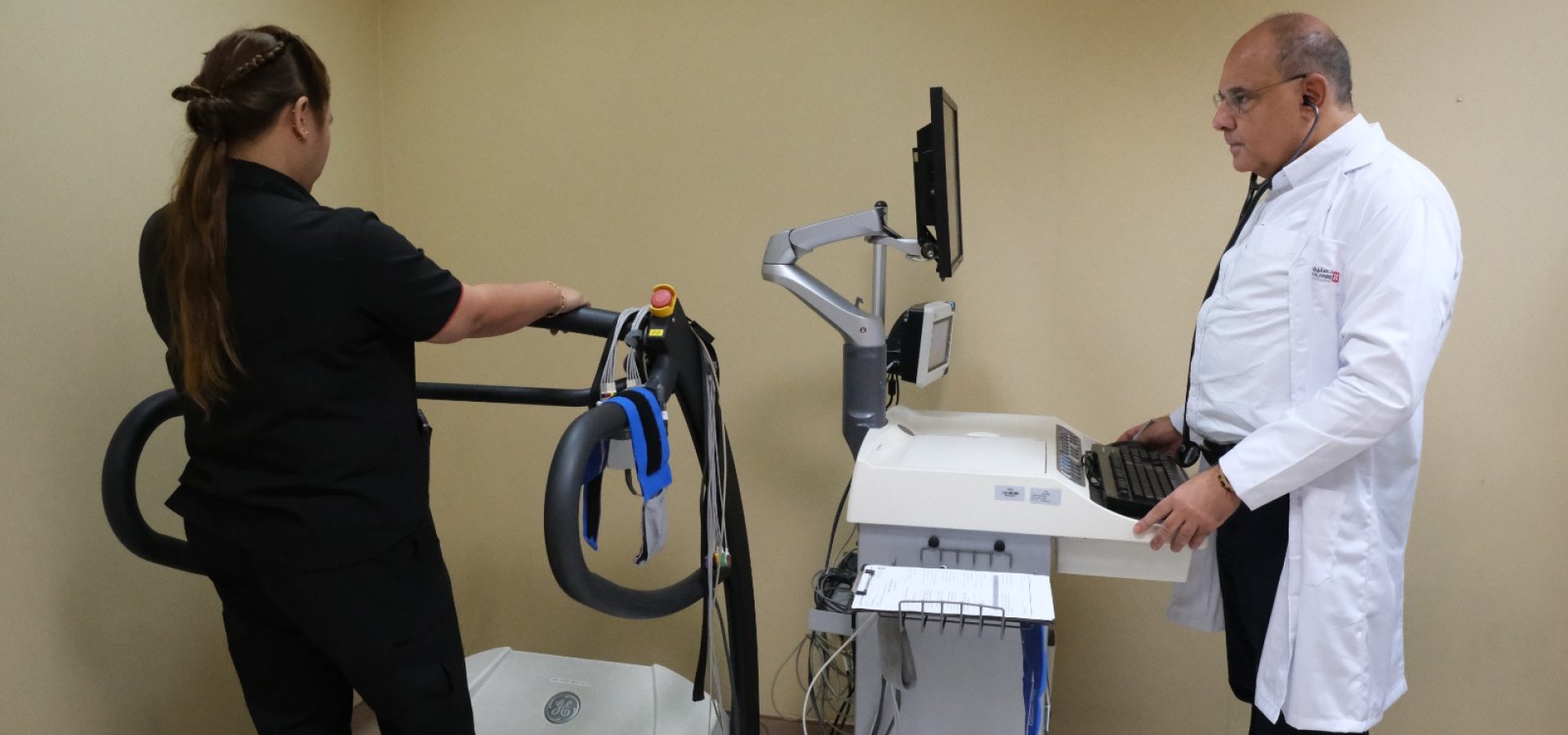
Overview
Cardiomyopathy is a disease of the heart muscle that impairs its ability to pump blood efficiently. This condition encompasses various types, including ischemic cardiomyopathy, dilated cardiomyopathy, hypertrophic cardiomyopathy, and restrictive cardiomyopathy. This disease has several causes such as coronary artery disease, hypertension, genetics/inherited cardiomyopathies, infections, and diabetes. In addition, it frequently leads to heart failure.
Symptoms
Cardiomyopathy presents with a range of symptoms that can vary based on the type and severity of the disease. Common symptoms include:
- Fatigue and Weakness
- Shortness of Breath especially during exertion
- Palpitations
- Swelling in the legs, ankles, or abdomen
- Fainting
These symptoms can be indicative of other conditions, so it is essential to seek prompt medical evaluation for an accurate diagnosis and effective treatment.
Treatments
The management of cardiomyopathy depends on its type and severity. A comprehensive treatment plan may include:
- Lifestyle Modifications: Adopting a heart-healthy diet, engaging in tailored exercise programs, managing weight, and avoiding activities that may strain the heart. Lifestyle changes are crucial for improving heart health and reducing symptoms.
- Medications: Various medications are used to control symptoms and improve heart function. These may include beta-blockers, ACE inhibitors, diuretics, and anticoagulants, among others. The choice of medication depends on the specific needs of the patient.
- Medical Procedures: In cases where arrhythmias or other complications occur, procedures like cardioversion or the implantation of implantable cardioverter defibrillators (ICDs) may be necessary. These devices help regulate heart rhythm and prevent life-threatening arrhythmias.
- Heart Surgery: For some patients, surgical interventions such as myomectomy (removal of a portion of the thickened heart muscle) or valve repair/replacement may be required to improve heart function.
- Heart Transplantation: In advanced cases where other treatments fail, a heart transplant may be considered as a last resort. This procedure involves replacing the diseased heart with a healthy donor heart.
Cardiomyopathy is a progressive condition that requires ongoing management and monitoring. Regular follow-up with an experienced cardiologist is essential to assess the effectiveness of the treatment plan and make necessary adjustments. This continuous care helps prevent complications, improve quality of life, and prolong survival.
